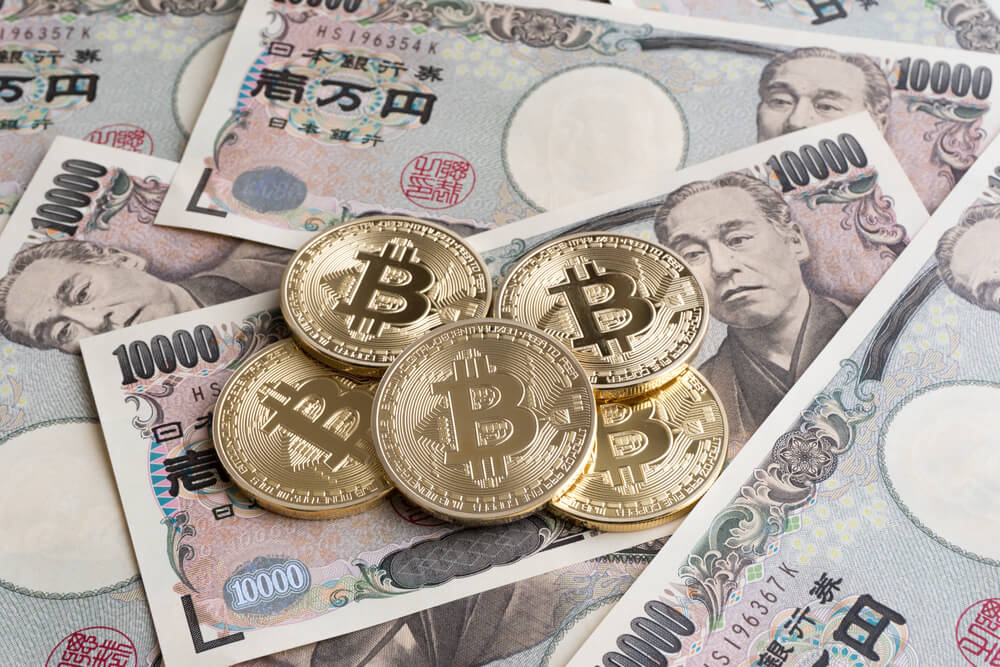Japan’s Cryptocurrency Exchanges Report 170 Money-Laundering Cases Since April

Following new cryptocurrency regulations in April, Japanese police have pointed to 170 cases of money laundering via cryptocurrencies reported by exchange operators in six months between April and October.
Japan’s National Police Agency (NPA) has compiled its first report on cryptocurrency laundering cases following revised laws in April that mandated cryptocurrency exchange operators to flag and report transactions suspected of money laundering. The regulations kicked in alongside new legislation that now sees bitcoin recognized as a legal method of payment in Japan. At present, 11 cryptocurrency exchange operators are registered under the new law after earning regulatory licensure by Japan’s financial regulator.
According to the Japan Times , the 170 cases were flagged by operators for involving ‘frequent questionable transactions.’ The JPA has since analyzed the chosen cases to relay the information to relevant investigative authorities.
An NPA official added:
We want to take countermeasures by collaborating with relevant ministries and agencies as well as business operators.
The round-up, part of a wider report on money laundering, also examined cases reported by banks and insurance companies in three years up to 2016.
Compared to 170 cases of suspected money laundering via cryptocurrencies, traditional fiat money-related laundering cases totaled 1,178,112, 16% of which were linked to organized crime syndicates. A crackdown on 1,077 cases revealed that 21.4%, or 230 cases, had established ties with gangsters in Japan.
Further, money laundering through gold and precious metals threw up 42 suspected cases. Current tariff laws impose an upper limit of ¥5 million ($44,000). Japan’s finance ministry is reportedly working on lifting that upper limit up to five times the value of the smuggled goods, next year.
Featured image from Shutterstock.